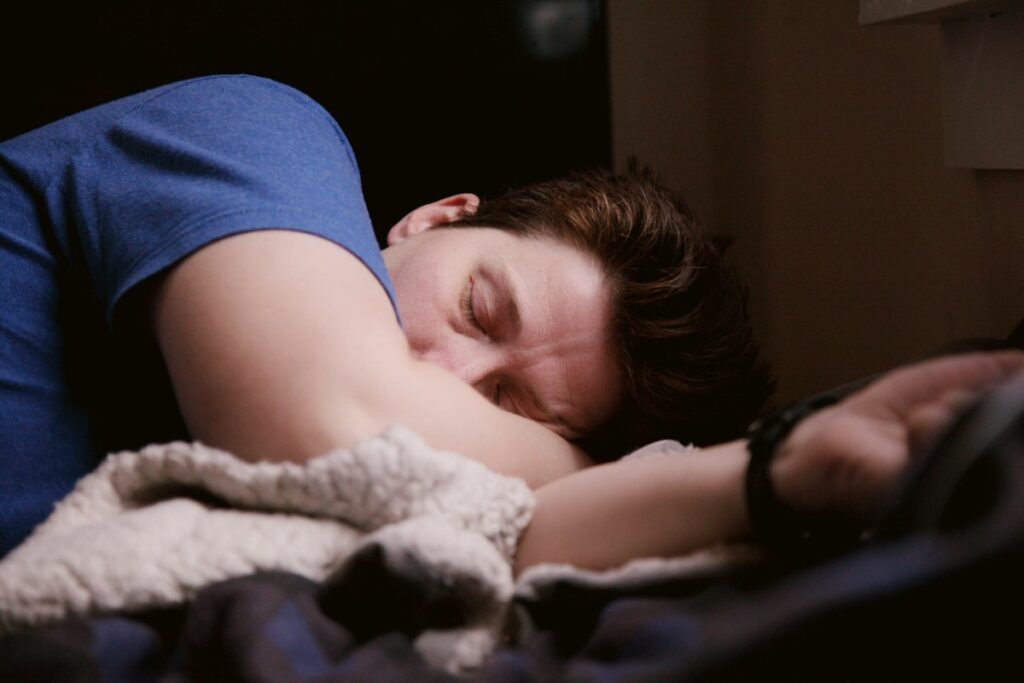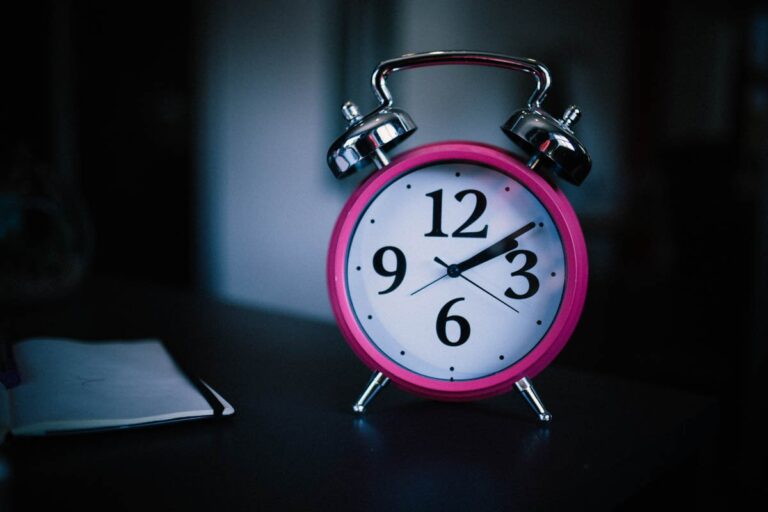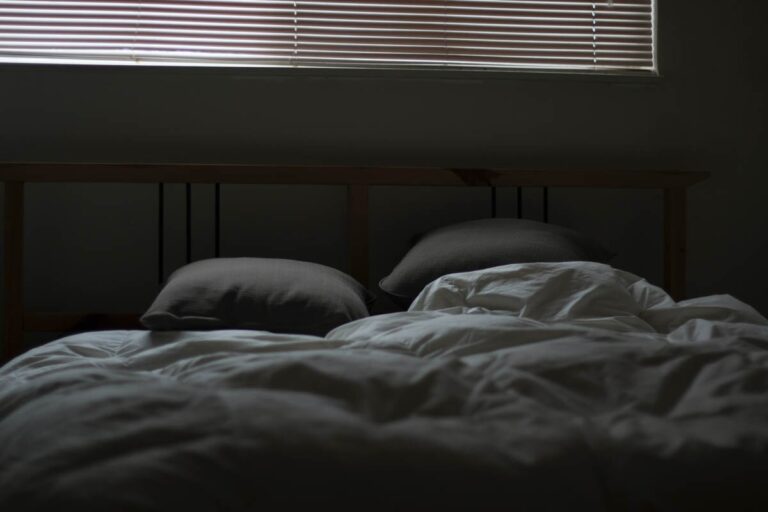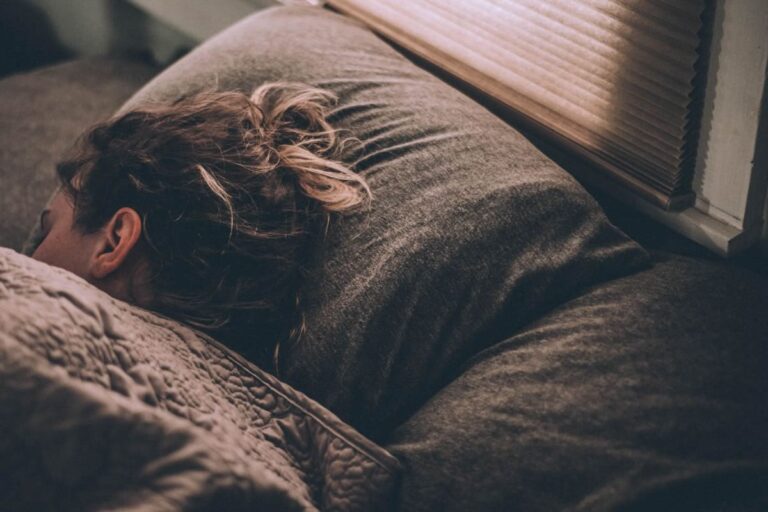Better Sleep

Learn

An Overview of Sleep
The amount of sleep required by each person varies. On average, people sleep between 7-9 hours a night, depending on a variety of things. Some people can function well with only 5-6 hours of sleep a night, whereas others may need up to 10 hours. It’s important that you find your own level.

What Causes Sleep Problems
All sorts of things can disrupt our sleep. Stress and strain can lead to sleep problems in the short term, but your sleep should go back to normal once the stress has resolved. If you’re continuing to have difficulty sleeping, this is usually because bad sleeping habits have developed, or worries about sleeping have started to take over.

Understanding the Sleep Cycle
Sleep is vital for our minds and bodies. While we sleep, our brains process memories and sort out things that have happened in the day. Sleep also gives our muscles much needed rest and helps our bodies restore, heal and grow. The harder our bodies work, the more rest they need.

Coping with Changes
We all experience changes in our lives. Learn about how change can affect our wellbeing.
Self-Assess
Do you have trouble sleeping?
If you think you’re not getting enough sleep, have trouble getting to sleep or staying asleep, or frequently feel tired during the day, then there are things you can do to help improve your sleep.
Do you recognise any of the common experiences described below?
How your body might feel
- Tired/exhausted
- Restless
- Lacking energy
- Weak/heavy – as if you can’t get out of bed
- Difficulty concentrating
Thoughts you might have
- “I’m never going to get enough sleep.”
- “I’m going to have a terrible day tomorrow.”
- “I’ll be awake all night.”
- “I’ll fall asleep at work and get in trouble.”
Feelings you might have
- So tired it makes you feel upset or depressed
- Tense or stressed
- Irritable or short-tempered
- Angry or impatient
- Worried
- Unmotivated
- Not wanting to spend time with friends or family
Things you might do
- Turn day into night
- Try to catch up on sleep during the day
- Watch TV or use your phone in bed to pass the time
- Lie awake in bed at night
- Check the time a lot during the night
- Smoke (cannabis or nicotine) hoping it will help you relax
- Drink alcohol hoping it will help you sleep
If any of these sound familiar, you can find out more about sleep in the ‘Learn’ section above.
Manage

Sleepio
Sleepio is a 6 week online program designed by sleep experts and based on cognitive and behavioural techniques.

Resources for Better Sleep
A list of resources to help you get better sleep: apps, websites, blogs, worksheets and books.

Insomnia
This booklet covers a wide range of topics related to sleep problems. Some of these sections will be relevant to you, but there may also be parts which are not. There are various tasks throughout this booklet to help you identify your sleep problems, and to help you learn new ways of dealing with them.

Sleep Problems and Insomnia Self-Help Guide
A self-help guide for coping with bereavement and grief that uses cognitive behavioural therapy – CBT.

Tips on Managing Change in Our Lives
We all have to cope and manage with change in our lives for lots of reasons. Here are some tips and thoughts on navigating through a period of change.

CBT for Sleep Difficulties
CBT for Insomnia is an evidence based set of interventions effective in the treatment of Insomnia and sleep problems. This workbook can be used either alone or with the support of your Psychological Wellbeing Practitioner.

Keep an Activity Record
A table you can use to schedule your daily activities and plan your week.

Activities You Can Try at Home
Increasing your activity levels can help improve your mood.

Managing Low Mood – Self Help Guide
If you are in need of some support, this self-help book prepared by Wellbeing-Glasgow covers a wide range of topics related to low mood and depression.

Relaxation
If you feel tense a lot of the time, you can try learning some relaxation skills, as these should be helpful.

Computerised Cognitive Behavioural Therapy
Cognitive Behavioural Therapy – CBT – is a psychological therapy based on the relationships between what we think, what we do and how we feel. CBT teaches you how to recognise and tackle problems in the here and now, rather than in the past.
Support
With support from the people in your life and with some help from the resources on this website, you should find that your sleep improves on its own over time.
However, if your sleep doesn’t improve or if you’re having difficulties with your mental health and need further support, please get in touch with your GP in the first instance.
The following organisations may also be helpful:
- iThrive (previously Edspace): an online space for mental health and wellbeing in Edinburgh.
- The Silverline: a free confidential helpline providing information, friendship and advice for older people. Phone: 0800 470 80 90 (free to call, open 24/7, 365 days per year).
- Breathing Space: free and confidential phone service if you are feeling low, anxious or depressed. Phone: 0800 83 85 87 (free to call, Mon-Thur 6pm-2am; Friday-Mon 6pm-6am).
- The Samaritans: emotional support for anyone in emotional distress. Phone: 116 123 (free to call, open 24/7, 365 days per year).
- SAMH: offers support and information about mental health problems. Phone: 0344 800 0550.
- Managing loneliness
Domestic Abuse Support
- National Domestic Abuse helpline: 0808 200 246 (free to call, open 24/7).
- Scottish Woman’s Aid: Tel 0800 027 1234
- Abused Men In Scotland (AMIS): Tel 0808 800 0024 (free to call, open Mon-Fri 9am-4pm).













